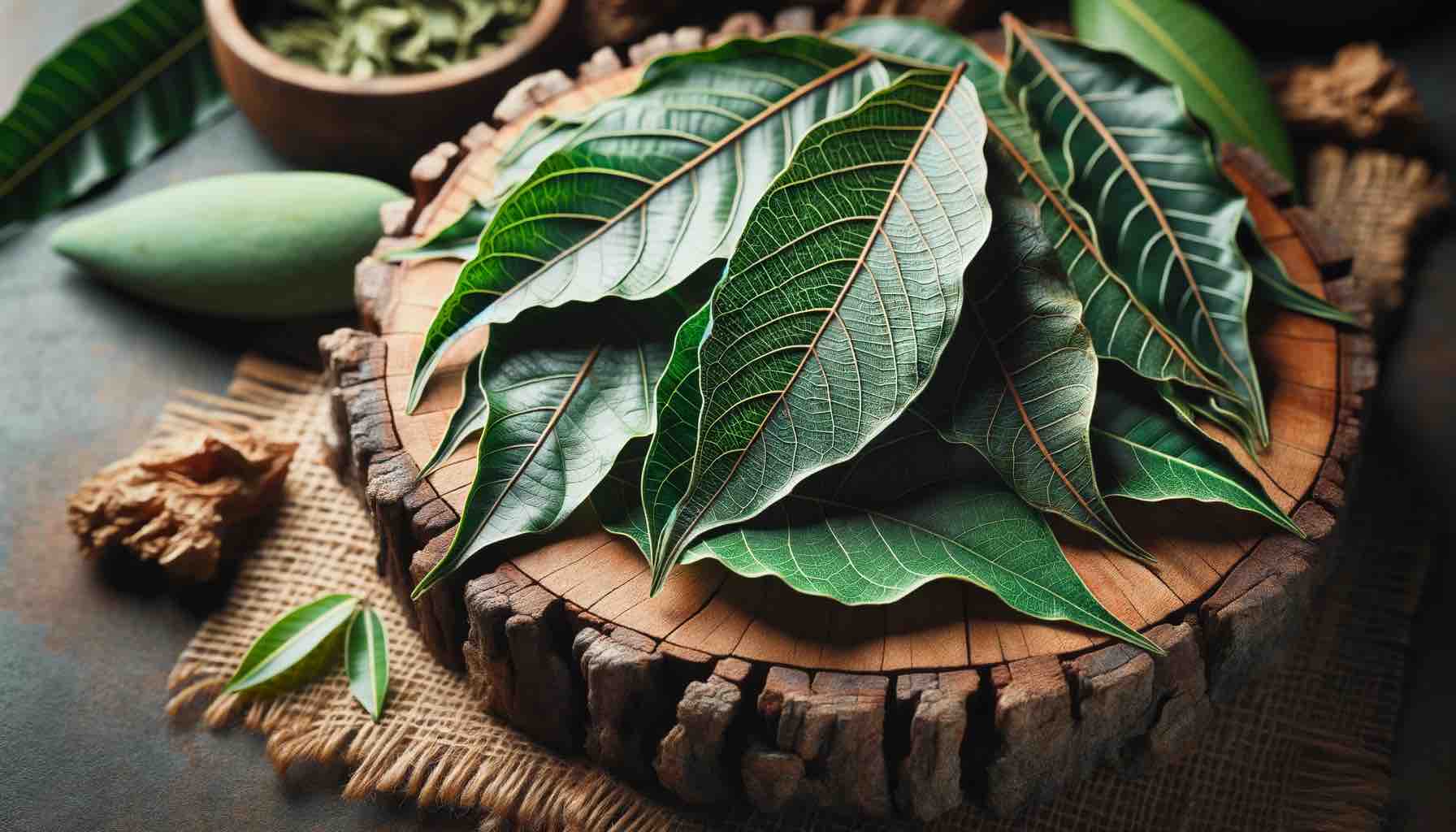
Introduction:
Imagine a superfood so versatile that it not only tantalizes your taste buds but also packs a nutritional punch strong enough to boost both your health and that of your unborn child. Enter the humble walnut – a true wonder nut in the realm of pregnancy nutrition. Often overshadowed by trendier health foods, walnuts are the unsung heroes of prenatal diets. Rich in omega-3s, proteins, and a symphony of vital nutrients, they’re poised to revolutionize your pregnancy journey. But amidst the sea of dietary dos and don’ts for expectant mothers, how do walnuts stand? This post peels back the layers of this nutty enigma, exploring the potent benefits, safety considerations, and imaginative ways to incorporate walnuts into your pregnancy diet. Buckle up for a crunchy ride through the world of walnuts – your ultimate pregnancy superfood!
The Nutritional Powerhouse: What Makes Walnuts Special?
Walnuts aren’t just any nut; they’re a nutritional goldmine for expectant mothers. Packed with omega-3 fatty acids crucial for fetal brain development, these nuts are like a brain-boosting elixir in a shell. But that’s not all. They’re also brimming with protein, essential for tissue growth and repair, and fiber to keep those pregnancy-related digestive woes at bay. Let’s not forget the vitamins and minerals – each walnut is a mini treasure chest of nutrients like magnesium, copper, and zinc, all stars in the prenatal nutritional galaxy. In short, walnuts are the unsung heroes of the pregnancy diet, offering a buffet of benefits in every bite.
Why Walnuts are a Must-Have in Your Pregnancy Diet
Navigating the dietary do’s and don’ts during pregnancy can be a challenge, but walnuts are a clear winner. Why? They’re not just nutritious; they’re practically a prenatal superfood. Here’s why you should consider making walnuts a staple in your pregnancy diet:
- Brainy Benefits for Baby: The omega-3 fatty acids in walnuts are like building blocks for your baby’s brain development. Think of them as laying the foundation for a strong, healthy brain.
- Heart Health Hero: With heart health a top priority during pregnancy, walnuts step up as tiny heart guardians, thanks to their ability to manage cholesterol and blood pressure.
- Immunity In A Nutshell: Pregnancy can put a strain on your immune system, but walnuts are packed with immunity-boosting nutrients, keeping both you and your baby protected.
- Sleep and Mood Enhancer: Struggling with sleepless nights and mood swings? Walnuts can be your natural ally, promoting better sleep and emotional well-being.
- Weight Management Wonder: Worried about healthy weight gain? The protein and fiber in walnuts help keep hunger pangs in check, aiding in balanced weight management.
Incorporating walnuts into your diet is not just a choice; it’s an investment in the health and development of your little one.
Navigating the Myths: Are Walnuts Safe During Pregnancy?
When it comes to pregnancy, the line between myths and facts can be blurry. But let’s set the record straight: walnuts are not only safe, they’re recommended! Bursting with nutrients crucial for pregnancy, they’re a must-have snack for expecting mothers. But like all good things, the key is moderation. A handful of walnuts a day keeps the nutrient needs in play without overdoing it. Allergic to nuts? It’s best to steer clear and consult your doctor for alternatives. For the rest, walnuts are your go-to snack for a healthy pregnancy journey.
The Soaked Walnut Wonders: A Pregnancy Superfood?
Soaked walnuts are a topic of interest for many pregnant women, and rightfully so. Soaking walnuts overnight in water does more than just soften them; it enhances their nutritional profile. This simple process reduces phytic acid, a natural substance in walnuts that can inhibit mineral absorption. By soaking, you enhance the bioavailability of essential nutrients like zinc and magnesium – crucial for fetal development.
Moreover, soaked walnuts are easier to digest, making them a gentler choice for your gastrointestinal system, which can be sensitive during pregnancy. They also have a softer texture, which can be more appealing if you find the crunchiness of raw walnuts off-putting. Incorporating soaked walnuts into your diet can be as simple as adding them to your morning cereal or blending them into smoothies, offering a nutritious start to your day that benefits both you and your baby.
Creative Ways to Include Walnuts in Your Pregnancy Diet
Wondering how to jazz up your diet with walnuts? The options are as versatile as the nut itself. Here are some delicious and creative ways to include them in your daily menu:
- Sprinkle on Sweetness: Top your morning yogurt or oatmeal with a handful of chopped walnuts for a crunchy twist.
- Salad Sidekick: Elevate your salads by tossing in some walnuts – they add both flavor and nutrition.
- Baking Buddy: Incorporate walnuts into your baking for a nutrient-packed treat. Think walnut banana bread or muffins.
- Snack-Time Star: Mix walnuts with dried fruits for a quick, nutritious snack on the go.
- Smoothie Booster: Blend walnuts into your smoothies for a creamy texture and an extra nutritional punch.
Remember, walnuts are more than just a snack; they’re a versatile ingredient that can add both flavor and nutrition to a variety of dishes.
Walnuts Through the Trimesters: Prenatal and Postnatal Benefits
First Trimester: During these early stages, the omega-3 fatty acids in walnuts are vital for the baby’s brain and eye development. Their folate content also plays a crucial role in preventing birth defects.
Second Trimester: The high fiber content in walnuts aids in digestion, helping with common second-trimester issues like constipation. The magnesium in walnuts supports bone development as the baby grows.
Third Trimester: The omega-3s continue to support brain development. Additionally, the melatonin in walnuts can aid in improving sleep quality, which often becomes challenging in the later stages of pregnancy.
Postnatal Benefits: Post-delivery, walnuts can support recovery. Their omega-3 fatty acids can aid in fighting postpartum depression and support lactation. Additionally, their nutrient-rich profile can help new mothers regain strength and vitality.
A Word of Caution: What to Watch Out For
While walnuts are a nutritional powerhouse, there are a few things to keep in mind:
- Moderation is Key: Stick to a small handful a day to avoid excessive calorie intake.
- Watch for Allergies: If you have a nut allergy or develop any allergic reactions, avoid walnuts and consult your doctor.
- Quality Matters: Choose fresh, unsalted, and unprocessed walnuts to get the best nutritional value.
- Store Properly: Keep walnuts in a cool, dry place or refrigerate them to maintain freshness.
By being mindful of these pointers, you can safely enjoy the myriad benefits of walnuts during your pregnancy.
Conclusion
In the world of prenatal nutrition, walnuts are like hidden gems. They’re not just safe to eat during pregnancy; they’re a powerhouse of essential nutrients, offering a multitude of benefits for both mother and baby. Remember, moderation is key to reaping these benefits without any downsides. So go ahead, add that crunchy, nutty goodness to your pregnancy diet and enjoy the journey to motherhood with a little extra health and happiness!
FAQs:
- Is it safe to eat walnuts during pregnancy?
- Yes, walnuts are safe and beneficial for both the mother and the developing baby when consumed in moderation.
- How many walnuts can I eat per day during pregnancy?
- It’s recommended to consume about a small handful, which is roughly 30 grams or 10 whole walnuts.
- What are the nutritional benefits of walnuts in pregnancy?
- Walnuts are rich in omega-3 fatty acids, protein, fiber, and essential vitamins and minerals, aiding in fetal brain development and maternal health.
- Can eating walnuts help with sleep during pregnancy?
- Yes, walnuts contain melatonin, which can help improve sleep quality.
- Are there any risks associated with eating walnuts during pregnancy?
- The main risks involve overconsumption, which can lead to digestive issues and excessive weight gain, and potential nut allergies.
- How can I include walnuts in my pregnancy diet?
- You can add them to salads, yogurt, oatmeal, smoothies, or baked goods, or simply enjoy them as a snack.
- Do walnuts help with fetal brain development?
- Yes, the omega-3 fatty acids in walnuts are crucial for fetal brain and eye development.
- Can walnuts affect blood pressure during pregnancy?
- Walnuts can help regulate blood pressure due to their healthy fats and antioxidants.
- What precautions should I take when eating walnuts during pregnancy?
- Choose natural, unprocessed walnuts and avoid overconsumption. If you have nut allergies, consult your doctor.
- Can walnuts help in controlling gestational diabetes?
- Regular consumption of walnuts may help control blood sugar levels, thereby reducing the risk of gestational diabetes.
Blog Tags: Pregnancy Diet, Walnuts Benefits, Nutritional Snacks, Fetal Development, Omega-3 Fatty Acids, Healthy Pregnancy, Managing Weight, Sleep Aid, Blood Pressure Control, Gestational Diabetes










